The Jedi Editing Technique, or These Aren’t The Words You’re Looking For

“Anyone else think passive constructions are cool?”
“Brevity is the soul of wit,” says Polonius. Unfortunately he says it in a whacking great monologue which practically puts everyone else to sleep. As a piece of editing advice it’s pretty apt; you’ll find it honoured in the breach just as much as in the observance. Recently I’ve been doing a lot of editing and rewriting, both on subs for the British Fantasy Society Journal, and also on the multiple rewrites of my current work-in-progress (provisionally titled “The Filthy Japanese Novel”). It’s made me think about my earliest experiences self-editing, and I thought I’d blog about it today.
Years ago I was a literature student, au fait with analysing themes, character, plot, structure, the whole caboodle of literary dissection. But I was ignorant of the technical side of writing – the tools you need to construct a good story. Being a good reader doesn’t necessarily make you a good writer…
I’m still learning that – whacking great shifts in insight and ability drop on me regularly. Dialogue attribution, narrative point of view, and a rigorous loathing of irrelevance still obsess my waking hours every day. But there’s one technique I learned early in my writing life – six years ago, under the tutelage of William Jones, who edited both my first published short story and RPG book, “The Apprentice” and “The Chronicles of Future Earth”. It blew my mind so thoroughly that I’ve always called it The Jedi Editing Technique. It deals with brevity.
In On Writing, Stephen King says the formula for writing success is “second draft = first draft minus 10%”. That in your first rough draft you usually overwrite, and one of your first tasks is to prune that excess verbiage to something more elegant. I’d say that’s a fair assessment, particularly for fiction; but I’d also say that for roleplaying games, the Jedi Editing Technique can be even harsher; “second draft = first draft minus 20%“. That’s right; in fiction, you can kill one word in ten and tighten up your manuscript; but in roleplaying games, you can kill one word in five.
That’s word massacre on a Game of Thrones scale.
There’s a reason for this. Both RPG and fiction publishing are commercial endeavours, and wordcount costs money. Bluntly, it costs twice as much if you take 10,000 words to say something instead of 5,000. It’s not just time that’s money – it’s wordcount, paper, and ink, too. Get a print quote and see.
Many RPG writers get wedded to their verbal darlings as if they were literary works. Here’s an ugly reality: they’re not. RPG books are technical manuals – they’ve more in common with instruction books than poetry. Sure, there are massive imaginative elements involved – but they’re usually more conceptual than literary. You may have flash fiction in your RPG book, but generally where an RPG soars is in its ideas, which are often completely divorced from the words which express them. Conciseness is a greater virtue in RPGs than fiction.
What does that mean? In fiction, you reach a point where removing words harms textual integrity far earlier than in RPGs. Fiction is a verbal art, the beauty of words integral; with RPGs, clarity and explanation are the virtues, not beauty. The best RPGs do both, but an RPG publisher wants you to convey your point in as few words as possible.
Here’s a worked example. It’s a piece of my own writing from six years ago, the moment I grokked the Jedi Editing Technique. It’s a before-and-after from an RPG book – but the same truth applies to fiction. Take a read of the rough draft before editing:
“When creating human characters, it is worth bearing in mind that although the human race of Future Earth is physically little different to that of today, culturally it is an entirely different matter. Not only are the people of Urth separated from us by unimaginable gulfs of time, but also by the fact that their world is one in which great and mighty Gods are an absolute and incontrovertible fact. By and large the people of Future Earth are conservative in the extreme; with countless millennia of forgotten history behind them, a human life seems insignificant, little more than a brief flickering against the great backdrop of the Springtide Civilisations, where nothing changes, from year to year, century to century, millennium to millennium, and where the world is ruled by a God-Emperor who has protected the world from his Omniscient Throne for over 15000 years.”
Okay, it’s serviceable, descriptive, grammatically correct – but isn’t it as florid as all hell? Doesn’t it take forever to read through? It’s like literary syrup – grammatical structures snag at your sleeve and trip you up at every turn. It’s 145 words long – and hugely overwritten. Now let’s trim it a little, see if we can’t make it flow more smoothly.
“When creating human characters, remember that while the human race of Future Earth is physically little different to that of today, culturally they vary greatly. The people of Urth are separated from us by unimaginable gulfs of time, and by the fact that their world is one where great and mighty Gods are an absolute and incontrovertible fact. The people of Future Earth are conservative in the extreme; with countless millennia of forgotten history behind them, a human life seems insignificant, little more than a brief flickering against the great backdrop of the Springtide Civilizations, where nothing changes, from year to year, century to century, millennium to millennium, and where the world has been ruled by a God-Emperor from his Omniscient Throne for over 15000 years.”
Now that’s 127 words. That’s a reduction of just over 10% – the “Stephen King” recommendation for fiction. So what’s been done? Well, for starters the “essay bollocks” has been removed: phrases like “it is worth bearing in mind that” add nothing to your meaning, and simply eat up wordcount. You don’t need them. Likewise the “not only… but also” type constructions: wordy. “Not only is it cold, it is also wet” is 9 words; “It is cold and wet” is 5 words. The “-10%” preliminary edit says exactly the same thing – but in a tenth fewer words.
Let’s go further. Try this:
“When creating human characters, remember the human race of Future Earth is physically little different from humans today. Culturally they vary greatly. The people of Urth are separated from us by vast gulfs of time. Their world is one where great and mighty Gods are an absolute and incontrovertible fact. They are conservative in the extreme, with countless millennia of forgotten history behind them. Human life seems insignificant to them, little more than a brief flickering against the great backdrop of the Springtide Civilisations, where nothing changes from century to century, and where the a God-Emperor has ruled the world from his Omniscient Throne for over 15000 years.”
This is 109 words. From 145. That’s a reduction of 36 words, ie more than 20%. This time we’ve destroyed a lot of the texture of the prose; sentences are reduced to simple statements, there’s no room for flourishes. And yet the meaning is intact. This type of stripping down probably wouldn’t work for fiction, but almost always works for RPGs; and when you’re paying by the page to print a book, a 20% reduction in page count or a corresponding increase in content is gold!
When I write RPGs these days, I manage to cut 15% of my initial wordcount during the first editing pass. That probably means I’m not overwriting as much as I used to. One day I hope to see that reduced to 10%, then 5%, until finally I’m writing lean, mean text for RPGs straight off the block. For fiction, I still fall pretty comfortably in the “10% too long” space, but I think that’s okay; when you’re writing your rough draft, overwriting may ensure you get everything down on paper — as long as you don’t forget to strip it down and keep it lean in your first editing pass.
I guess we’re always learning as writers and editors, but I felt the “Jedi Editing Technique” was something I could modestly share. I hope it’s useful!
Cheers,
Sarah
*****

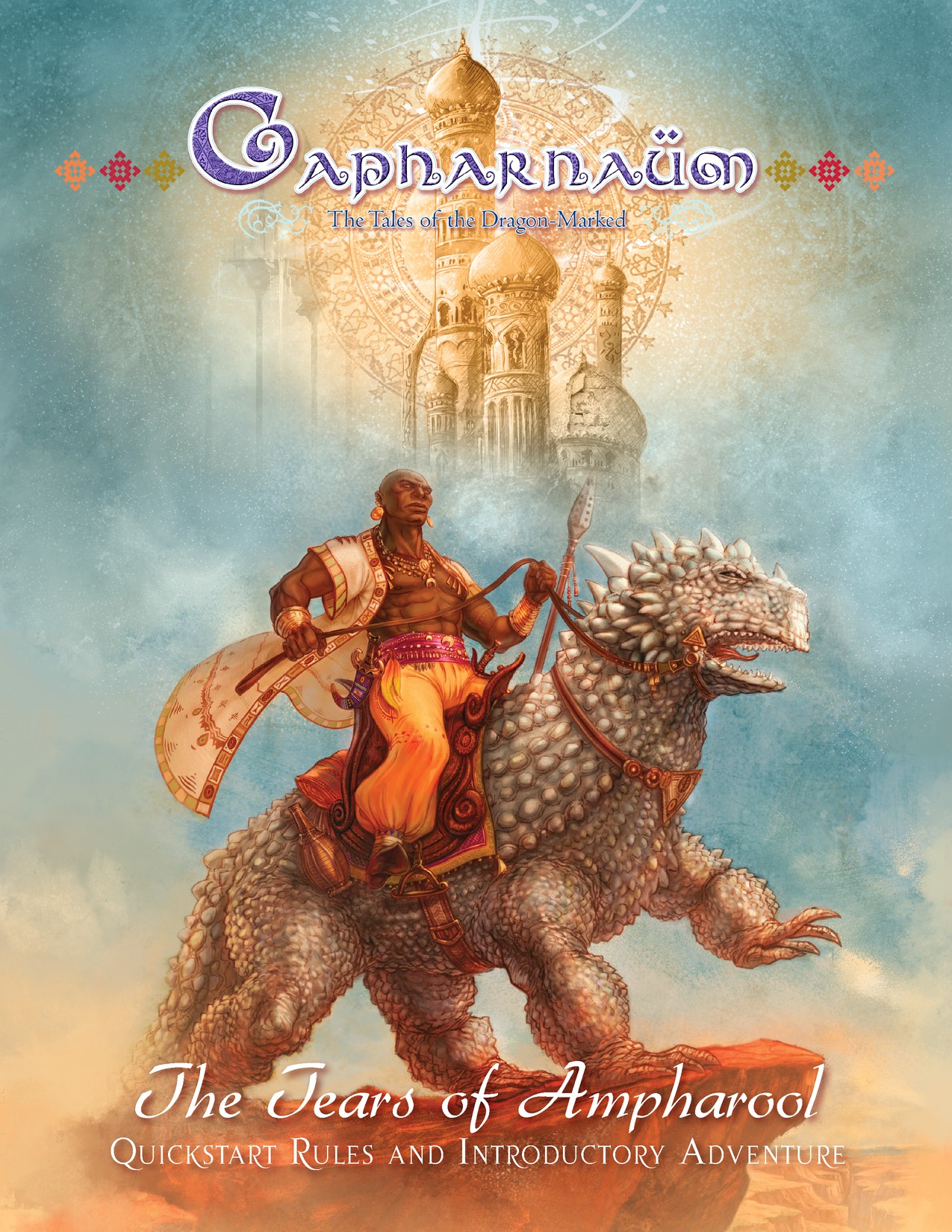

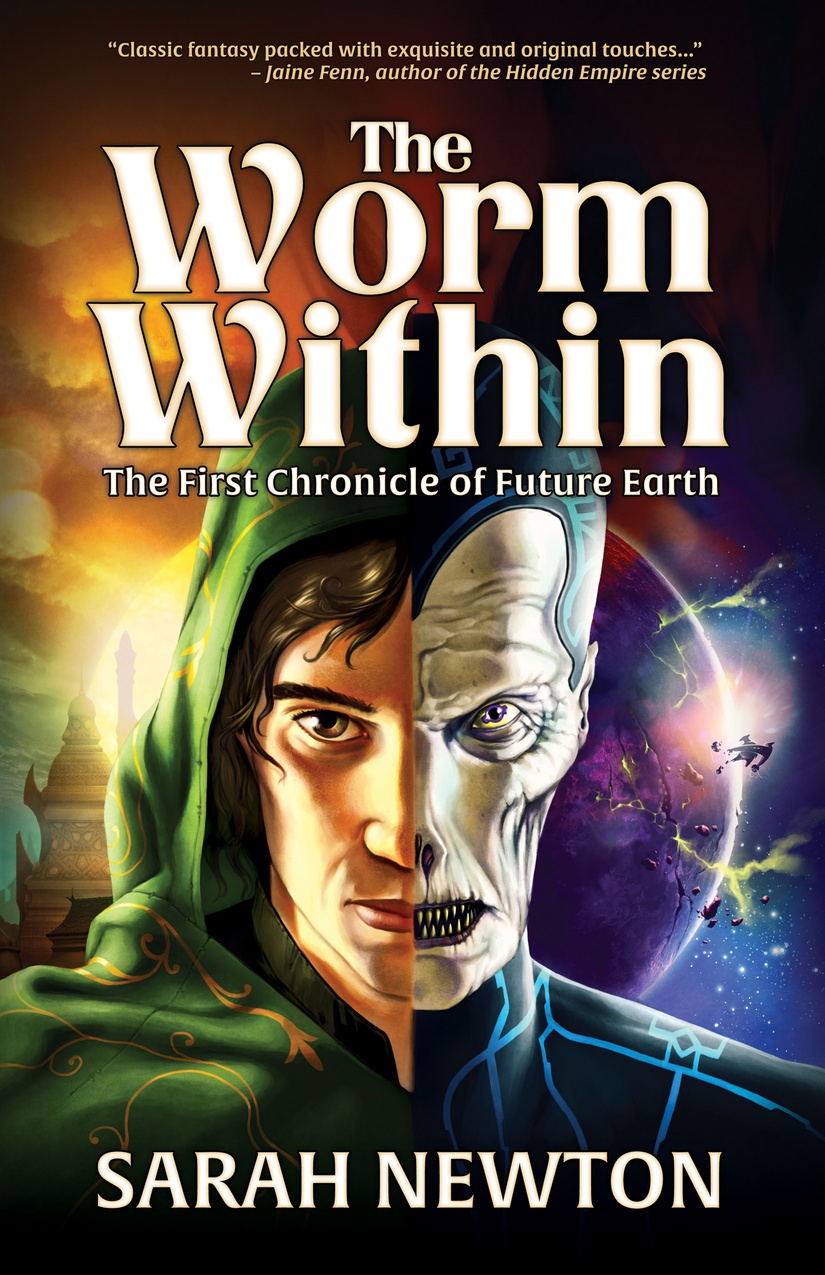
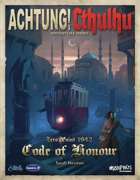


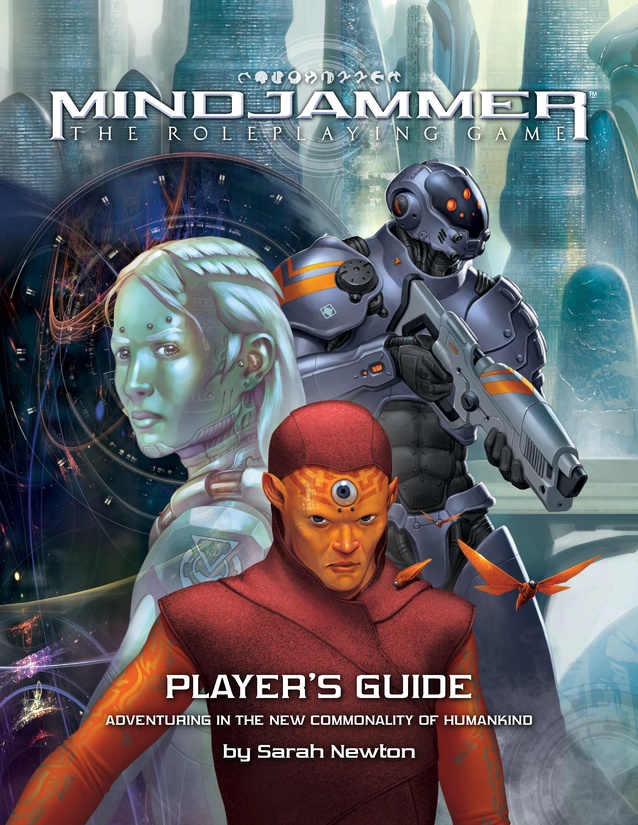

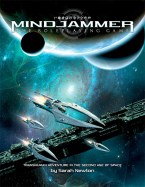


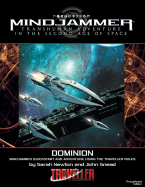
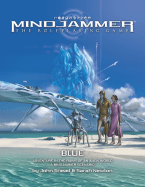
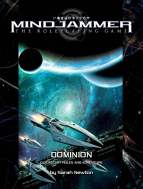

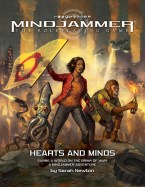

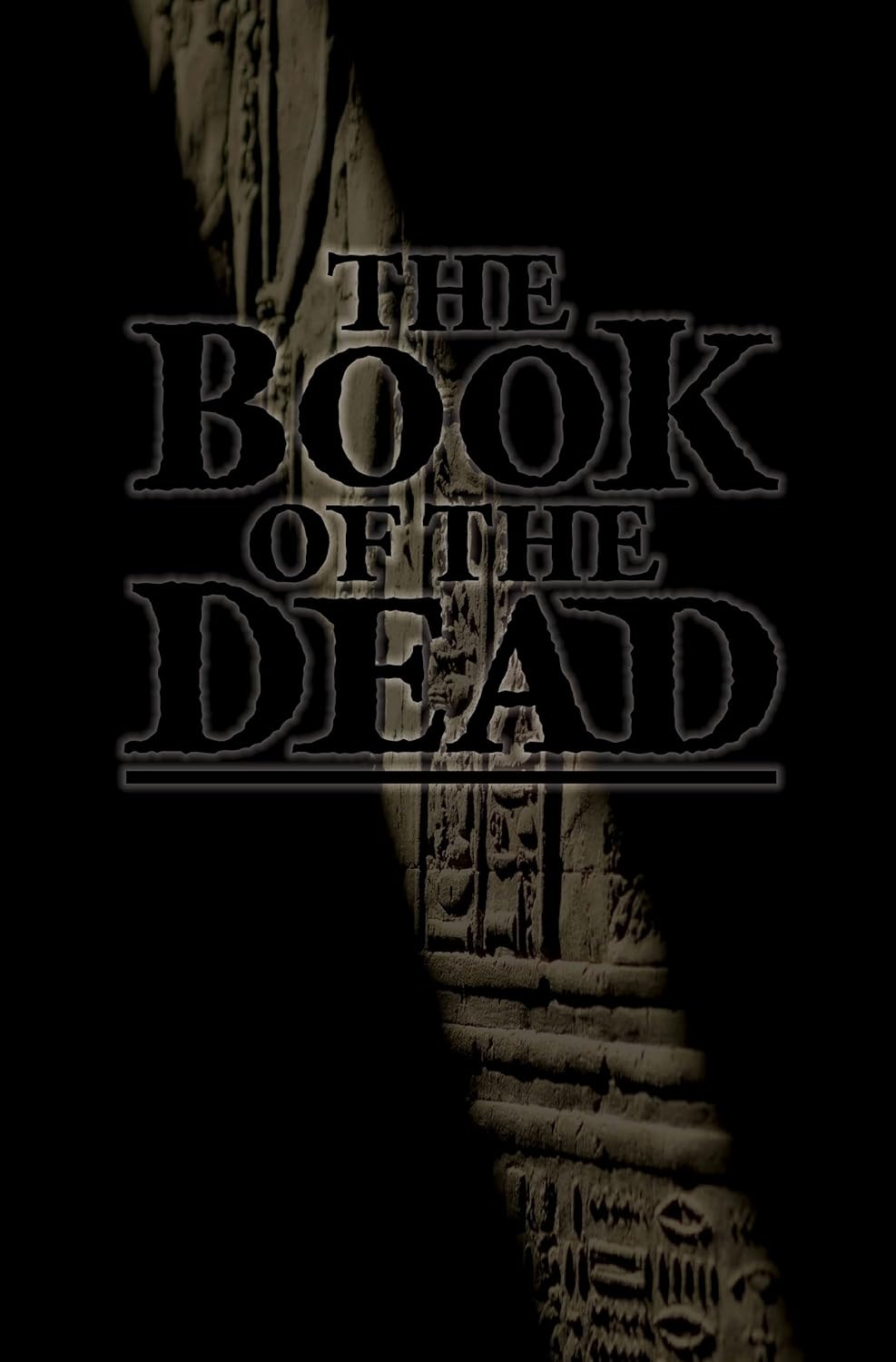
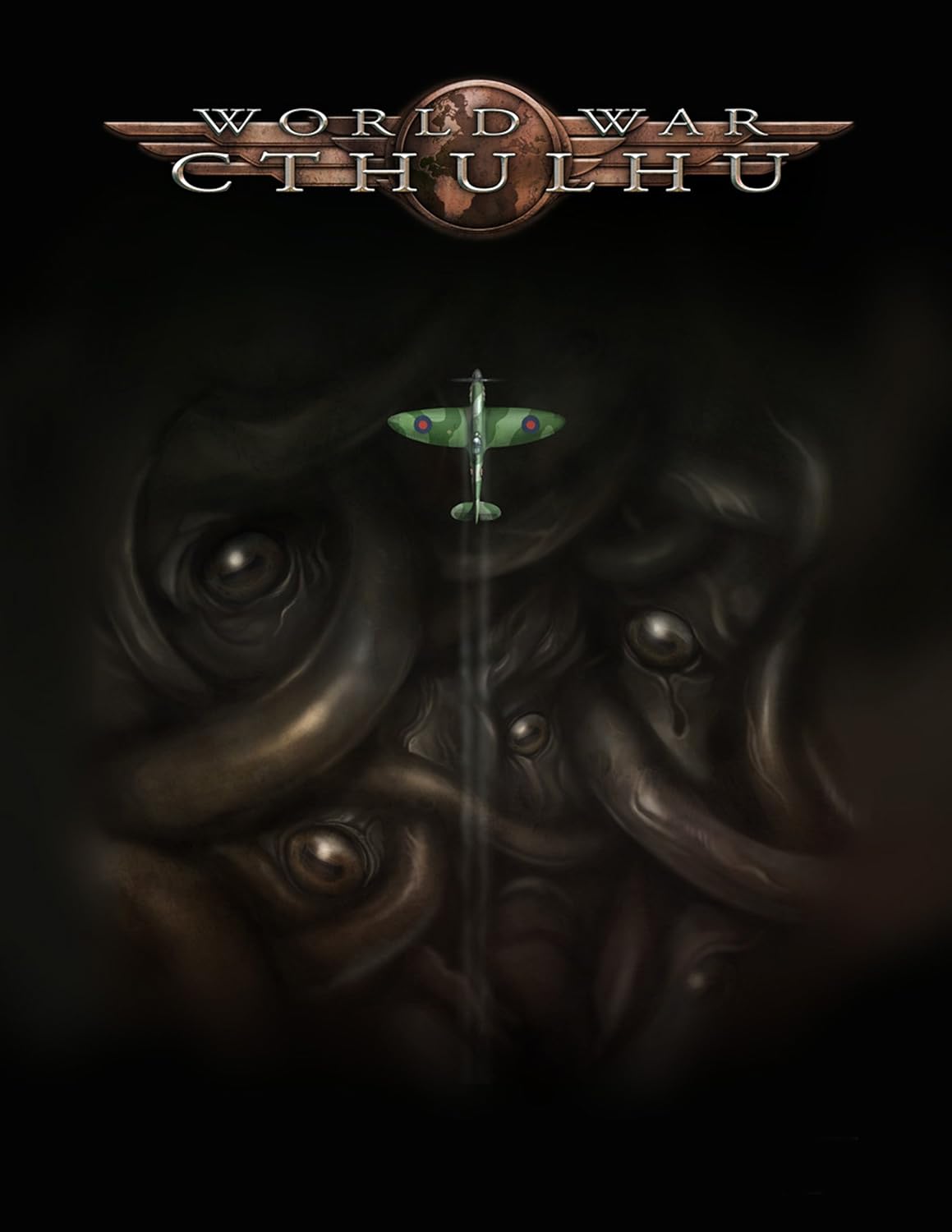
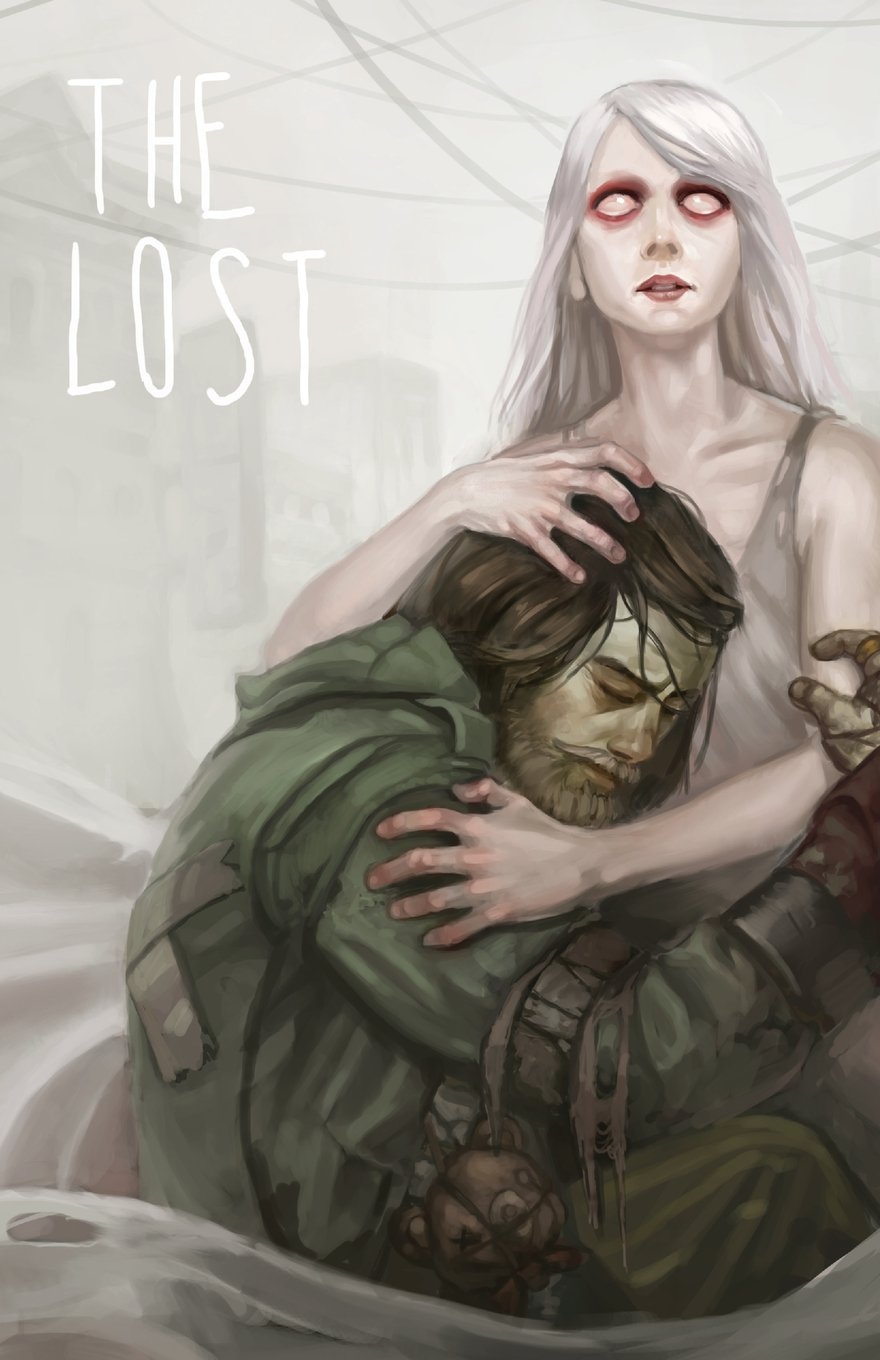


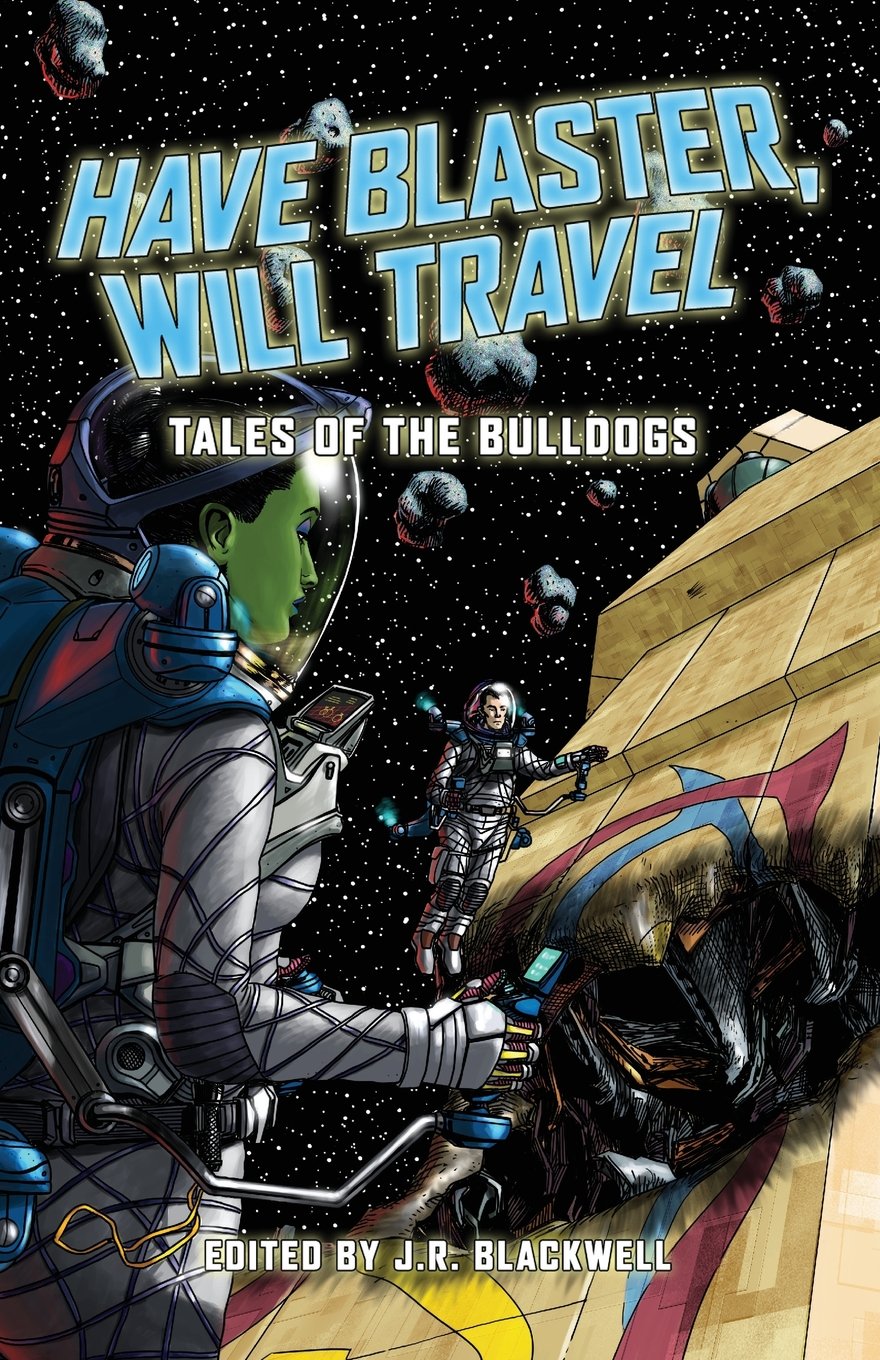



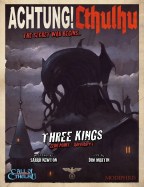
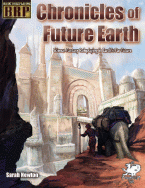




Thanks for this some great advice here. I know I am guilty of getting too attached to my “verbal darlings” as you call them. Sometimes the road can by rocky and treacherous so evicting parts of the text can be difficult and painful…
Loved it! A great piece of advice. I’ve read that book of Mr King, and is helping me with my timid attempts at writing. Thank you, Sarah!
You’re very welcome – so glad it was of use and interest! 🙂